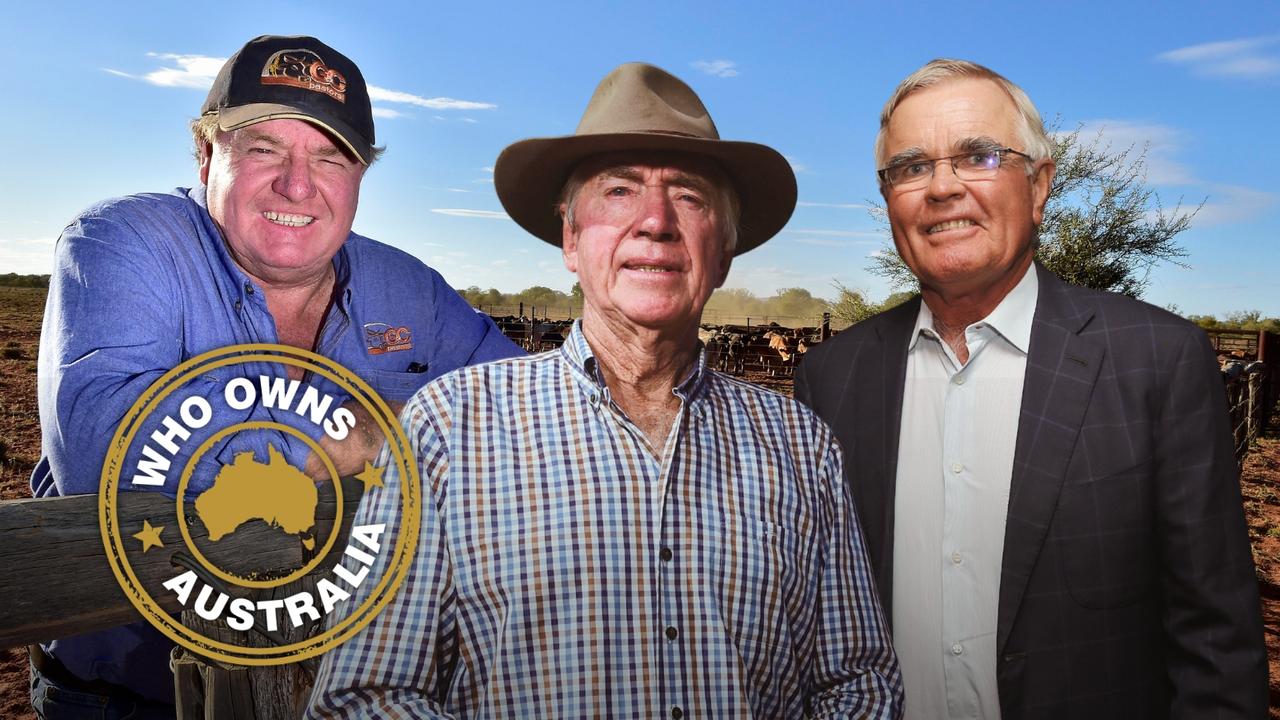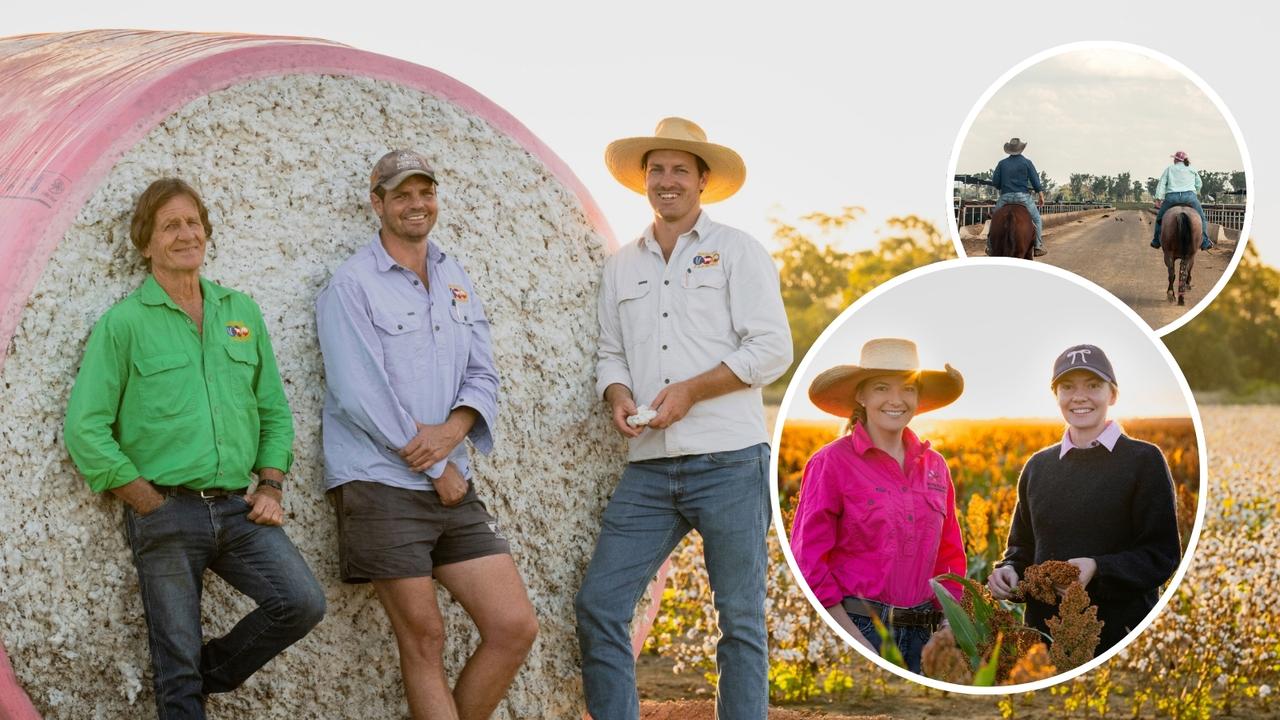Wilmot Cattle Company, Jigsaw Farms: Natural capital and its ‘mind-blowing’ results
With an eye for increased profitability and production, some farmers are turning to natural capital to set themselves apart.
Natural capital is fast becoming a cornerstone of Australia’s premium farming operations, as growers, producers and owners search for ways to measure the return on investment in natural ecosystems.
In simple terms, natural capital includes all the naturally occurring resources on a farming property, such as remnant native vegetation, paddock pastures, riparian areas, water, trees and animals.
Viewing these ecosystems as assets, and putting effort and money into maintaining them has long been a priority for many Australian farmers. The approach is built into management frameworks that go by many names, from holistic management to regenerative agriculture.
Where natural capital differs from those other concepts, however, is its clear economic focus, encouraging producers to measure the benefit of any investment in ecological health and diversity by examining the bottom line, and how it boosts productivity, profits and farmland values.
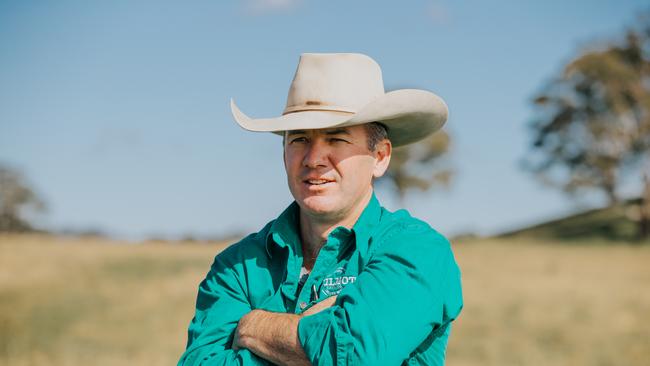
In northern NSW at the Wilmot Cattle Company, maximising natural capital underpins all agricultural pursuits. The expanding carbon-conscious cattle enterprise owns four farms spanning about 8000 hectares combined, starting with its initial purchase of Wilmot, outside Ebor in northern NSW in 2008, and most recently its acquisition of the Paradise Creek station for $22 million-plus earlier this year.
Wilmot Cattle Company general manager Stuart Austin says his whole team views investing in their properties’ natural capital as integral to success.
“Our vision is to restore our ecological landscape in a profitable way,” Austin says. “Natural capital is our most important asset and includes the soil, plants, water; all the living things we manage.
“For us to be still be here in five, 20 and 100 years, we have to create a self-sustaining natural capital ecosystem.”
Austin says the Wilmot Cattle Company has steadily increased its natural capital by minimising soil disturbance, ensuring 100 per cent ground cover and using grazing techniques that promote flora and fauna diversity.
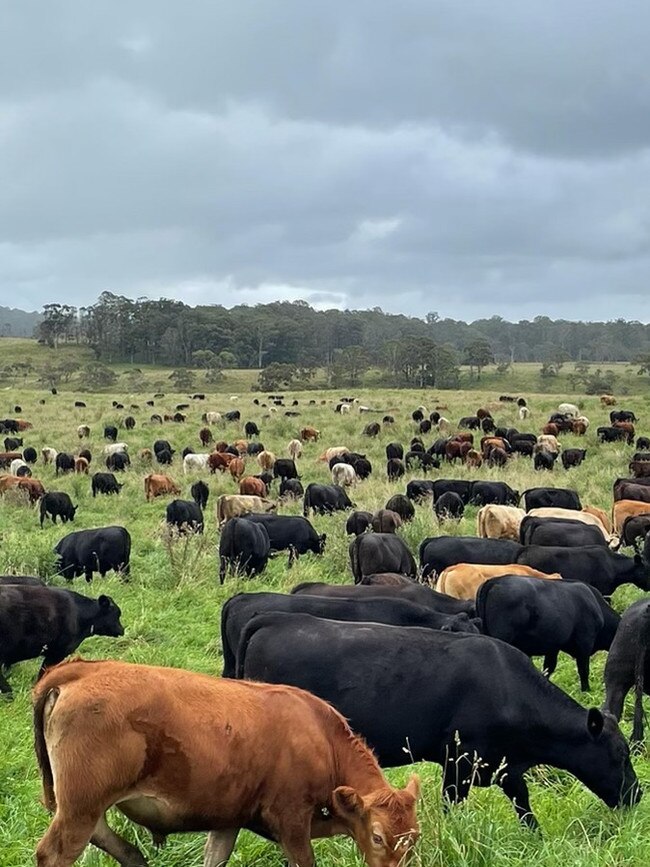
“We increase animal density with small numbers of large mobs of cattle grazing in one place at the same time,” he says.
“We might have a larger mob of cattle grazing a 15 to 20-hectare paddock for a day at a time.
“This gives the pastures longer rest periods leading to increased animal diversity growth, which has been quite mind-blowing.”
Austin says Wilmot’s commitment to increasing natural capital has also resulted in greater and more consistent profits.
“Our productivity continues to improve and more importantly our profitability has increased significantly,” he says.
“We have seen modest gains in our productivity but we have taken the risk out and reduced the big highs and the big lows.
“We don’t have extreme production and a high cost structure. We are judicious with our use of chemicals and fertilisers, which means we have a low-cost base and with herbicides we are only using them on noxious weeds.”
For Austin, increasing investment in natural capital has increased pasture and animal biodiversity and improved soil health, meaning they can run the Wilmot Cattle Company from a relatively low cost point.
“It is a never-ending process,” he says. “For each property we have to make a three to five year commitment to change, but you can immediately visually see the benefits and then see a profound shift in the health of landscape and ecosystem.”

On a quest to create a framework to measure natural capital so more farmers can invest in their properties’ ecosystems is the Macdoch Foundation, with its Farming for the Future study.
Over three years, with philanthropic backing, Macdoch Foundation will study about 1500 farms across Australia to assess current natural capital reserves.
The large-scale research project is trying to understand the relationship between natural resources on a farm and the farm business goals including profitability, animal welfare, increased levels of biodiversity and less variability in production.
Macdoch Foundation chief executive Michelle Gortan says the project aims to create a database of evidence to connect natural capital management and farm profitability.
“Quantifying nature has been a real mystery,” Gortan says. “With Farming for the Future we want to create a database, which enables producers and advisers to make decisions on natural capital investment.
“Where are landholders under-invested in natural capital and where can they improve?
“We are at a Zeitgeist moment because for so long we have been emissions and climate focused, but nature loss is quickly accelerating.
“We need to view food and fibre systems, nature and climate holistically.”
Gortan’s Macdoch Foundation is also committed to evaluating the benefits of increased natural capital to give more producers confidence to bear the investment.
The Farming for the Future project has been assessing properties in NSW and Victoria of different sizes, scale and industry over the past month and is looking for farms across the rest of Australia for the next phase.
As part of the project, experienced ecologists and agri-ecologists assess the health and regenerative capacity of trees and ground layer plants on properties to identify the type of ecosystem and its condition.
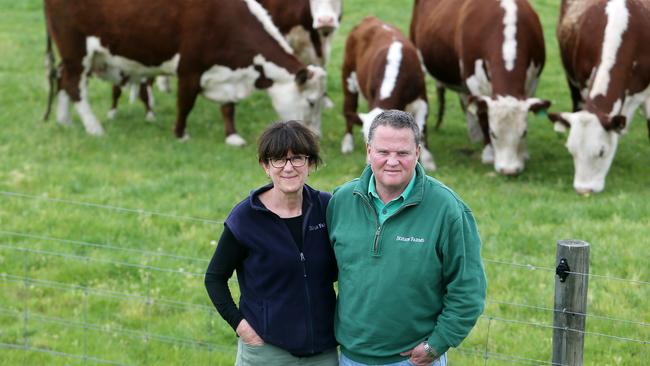
In southwest Victoria, Jigsaw Farms, a carbon-neutral sheep, cattle and agroforestry farm near Hamilton owned and run by Mark Wootton and Eve Kantor, has invested heavily in natural capital with handsome returns.
“We started in 1996 and now have 3500 hectares in two blocks, running about 50,000 dry sheep equivalents consisting of about 20,000 Merino ewes and 500 breeding cows plus their followers,” Wootton says.
“Since 1996 we have doubled the food and fibre we produce and the number of bird species has increased from 48 to 174.”
During the past 25 years or so Jigsaw Farms has planted thousands of native trees, creating shelter belts for stock and natural wetlands for threatened and endangered native species such as the Growling Grass Frog.
They have also improved water quality on the farm and made permanent pasture cover a key part of their enterprise.
In 2011 a University of Melbourne study revealed Jigsaw Farms was carbon neutral, but Wootton and Kantor have not backed off with their investment in nature.
“This has taken 26 years and we have had a plan from the get-go,” Wootton says. “We are probably at about 80-85 per cent of where we want to be, but I always end up saying that.
“In the South West it is freezing cold in the winter and lambs die if they don’t have shelter.
“We have created a series of shelter belts, which snake together like how arteries meet the human heart.
“The investment in agroforestry has helped with better yields because our lambs have improved survival rates.
“The trees have also helped improve soil erosion and salinity issues, which improve the water quality for stock.”
Apart from the greater returns and improvements to the Jigsaw Farms ecosystem, Wootton says quantifying the value of their natural capital is not all that drives them to continually improve ecological health.
“I think everything in nature has a value but I don’t know if everything has a price,” he says.
“It is hard to put a value on what natural capital is worth, but simply we do what we do because we like it.”




